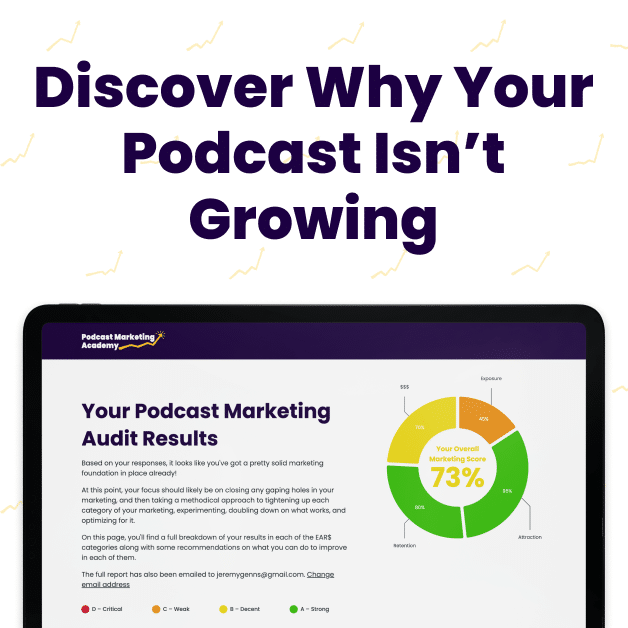Imagine that by some twist of fate, you were granted access to Studio Two at Abbey Road to record and mix your next episode.
As the site of landmark recordings from The Beatles, Pink Floyd, Oasis, Adele, Ed Sheeran, and many more, Studio Two is one of the most recognized and sought-after studios in the world.
Sure, it’s a little bit overkill for a podcast episode, but let’s ignore that for now.
At the heart of Studio Two’s control room is a 60-channel Neve 88 RS console, pictured below in all its resplendent glory.
If you’re a sound engineer, the sight of all those hundreds of knobs, dials, buttons, faders and blinking lights probably has you salivating.
If you’re an average podcast creator, on the other hand, the idea of having to figure out how to produce your episode on a board like this likely has you overwhelmed and terrified.
And with good reason.
Sitting behind a board like this for the first time may seem more akin to piloting a spaceship than producing a podcast episode.
At first glance, the complexity of large-scale mixing board is utterly confounding.
The complexity, however, is an illusion.
See, the Studio Two mixing board consists of 60 channels, each capable of controlling a different track of audio.
Each channel has a few dozen controls including of the aforementioned knob, dial, button, fader, and blinking light varieties.
You might not immediately understand what each of these controls does, but when presented with just a single channel strip, separated from the complexity of the larger mixing board, the process of learning them feels a lot more approachable.
And this is where the illusion of complexity becomes clear.
Because if you understand how to work one of the sixty channels, you understand how to work all of them.
Meaning you know how to operate 90% of what had previously appeared to be a hopelessly complex mixing board.
Marketing follows a similar principle.
From the outside, marketing might appear to be an endlessly complex collection of dials, buttons and levers.
But zoom in, and it quickly becomes clear that at its core, marketing is actually a fairly simple process.
The process goes something like this:
- Create something valuable
- Find the people who will most benefit from it
- Communicate the value as clearly as possible
- Deliver on the promise
Whether you’re pitching a podcast, a lead magnet, or a paid product or service, these four steps will form the backbone of almost all of your marketing.
And once you understand how to operate these levers in one area, you can use them anywhere.
Marketing doesn’t need to be complex.
Learn the core principles, then apply them across your brand.





